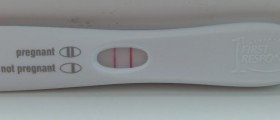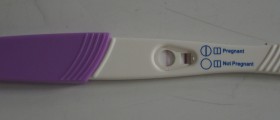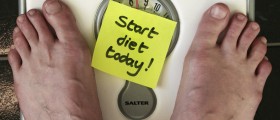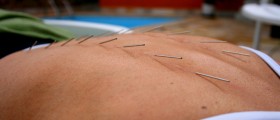
The first preconception gender diet book was published in 1982, since that time there have been many others to follow. The book was based on a study conducted by two gynecologists and published in the International Journal of Obstetrics and Gynecology. It showed that a woman, who planned her diet according to certain foods, might have a better chance of conceiving the sex of infant she desires. Research suggested that a woman desiring to conceive a female could better her chances by eating a calcium rich diet. Foods like yogurt, cheese, fish and leafy green vegetables are ideal for the diet of a woman trying to have a baby girl. The woman should also limit or cut out foods high in potassium and salt, in order to increase the odds of conceiving a female infant according to recent research.
For a woman trying to conceive a male infant, her diet should include salty foods, but not in excess of more than 5-6 grams per day. The diet should also include high amounts of meat and other protein rich foods, and dairy products should be limited. Studies have shown that as much as 80% of the females that follow a preconception gender diet had positive results in having the sex of infant desired. It is believed that a gender preconception diet will have a direct influence on the cervical mucus in the female. It is though that cervical mucus is alkaline and the diet can influence the ability of the swimming sperm and fertilization. If the food a woman eats in her diet reaches her cervical mucus, it is believed that it can help select the gender of an infant at the time of conception, though more studies are needed to provide a better understanding of how it all works.

















Your thoughts on this
Loading...